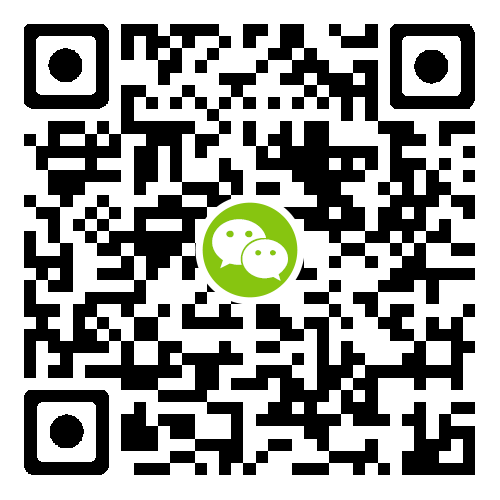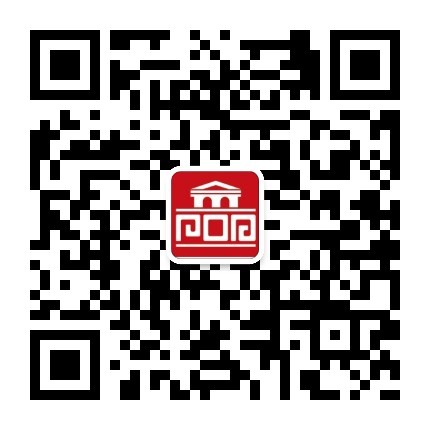我们的身体吸收了什么就会排出什么,而排出的东西是可以分析的。科学家通过追踪排泄物能了解到人们用了什么毒品,但是想知道什么时候人用过这些毒品并不容易。挪威水研究所的研究人员发现,如果把手机信息结合起来,废水数据会对科学研究非常有用。通过手机信号塔能知道有多少人在一定时间段在这一区域生活、工作,这让研究结果呈现得更清楚。
研究者通过结合两类信息,能了解到废水中不同浓度的毒品是由多少人制造的,以便公共卫生研究者今后评估一个社区使用毒品的情况。而现在研究者主要数据来源是对吸毒者的调查,这种数据并不太可靠。

Research | Toilet Water and Cell Phones Unlock Secrets of Public Drug Use
What goes in our bodies must eventually come out. And when it does, it can be analyzed. Scientists already track our bodily excretions to figure out what kind of drugs we’re using, but it’s not always easy to tell when we used them. Combined with the information that comes from our phones, the data from wastewater become a lot more useful to scientists, the Norwegian Institute for Water Research scientists write. When cell phone towers show how many people were living and working in that area during the given timeframe, then the results become much clearer.
These findings were proof that, by combining two results, researchers can gain insight into how many people contribute to different levels of drugs in wastewater, which can help future public health researchers assess how communities are using drugs. Right now, researchers are largely dependent on data from surveys of drug users, which isn't always reliable.
- 还没有人评论,欢迎说说您的想法!




